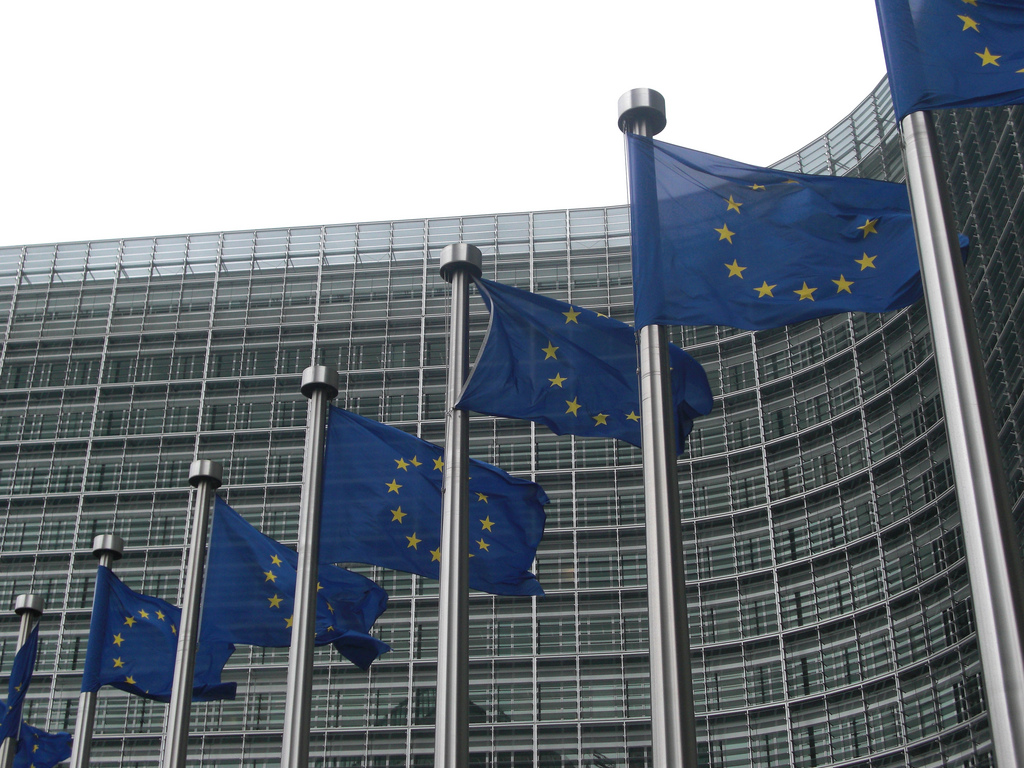The Renewable Energy Association (REA) is calling on European leaders to set more ambitious 2030 targets in order to ensure that renewables reach zero subsidy as soon as possible.
The association predicts that renewables could be the cheapest form of low-carbon energy by 2030 if stricter targets are enacted under the 2030 energy and climate framework which is being finalised at a European Council meeting on 24 October.
The association wants to see dedicated renewable energy targets for every member state – something the UK government has been strongly opposed to. The REA argues that specific renewables targets will help bolster investor confidence in a sector that will be critical to meeting 2030 greenhouse gas targets.
The UK government has resisted calls for a renewables target, arguing that member states should be free to choose which technology they use to reduce their emissions. Ed Davey, secretary of state for energy and climate change explained: “To be cost effective, we will have to enable our economies to take advantage of all the opportunities for green growth – from energy efficiency to new technology. And to be cost effective, we will have to allow Member States to make the right choices for themselves – especially the choices over which technologies to use in the low carbon transition.”
However, REA chief executive Dr Nina Skorupska counters: “People working in UK renewables simply don’t know whether the government wants the industry to keep growing or not. There have been so many mixed signals this Parliament that it has become almost impossible for our members to plan and invest for their future. 2030 renewables targets for Member States will give businesses the certainty they need.
“If this doesn’t happen, it will be up to the UK government to set out its own vision for renewables in the 2020s and beyond. As renewables’ businesses are usually smaller and younger than fossil fuel and nuclear companies, a ‘technology neutral’ framework will leave them at a disadvantage. With clear market signals though, renewables will be the cheapest source of low carbon energy, without the need for subsidy, well before 2030.”
The EU commission is proposing an EU-wide renewable energy target of “at least 27%” in addition to a 40% reduction in greenhouse gases and a non-binding 30% increase in energy efficiency.
The REA says that the current proposals send a weaker market signal than the existing 20% renewables by 2020 framework. The association believes all three targets should be at least 40%, in addition to being legally binding.
.
.






